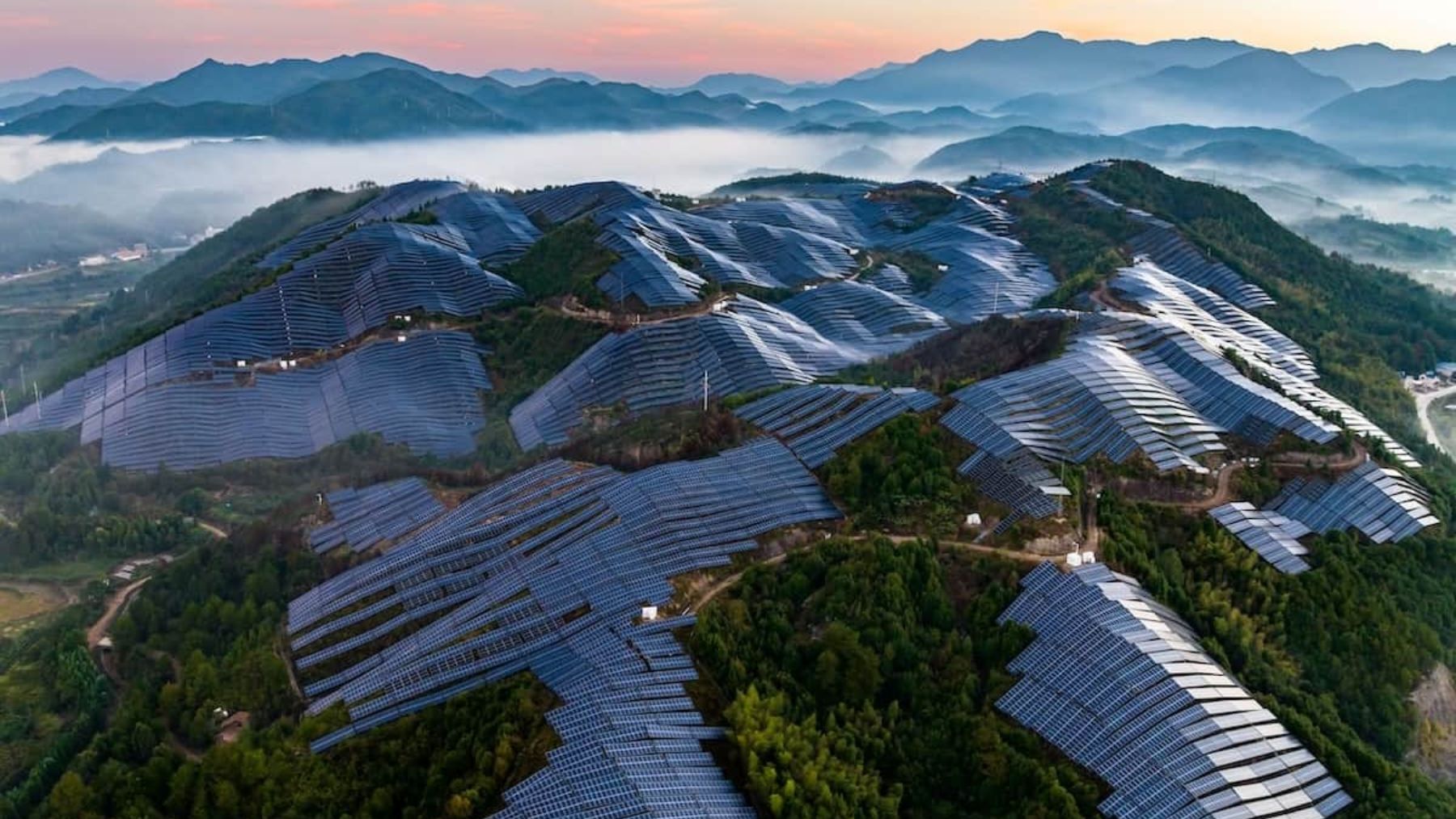Rebecca Zhang, 32, grew up next to a mountain in the suburb of Beijing. She often goes there for walks, and when she saw more trash being left by tourists after the holidays, she decided to clean up the mountain on her own. “I feel responsible for it,” she says.
Now, Zhang is part of a growing online community of young volunteers taking it upon themselves to pick up trash in their local wilderness, especially places with no janitors or trash cans.

Volunteers picking up trash on a mountain (courtesy Wei Shiyi)
To say that China is facing down a “mountain of trash” is no exaggeration. In 2019, China’s disposed garbage reached 242 million tons, and that number is expected to climb to a half billion by 2030, as China continues to urbanize and grow economically.
Among other sites, mountains especially have seen a growing amount of waste, produced by both tourists and local villagers. As of 2018, more than 300 tons of trash were removed from Mount Everest, and China had to close its Everest base camp to tourists in 2019.
While China is cleaning up famous sites like Everest every few years, it’s often up to volunteers to protect lesser known, often neglected local mountains. Though events such as World Cleanup Day are mobilizing volunteers around the country, others are choosing to do it year-round and on their own time.
Related:
 The Volunteers Fighting to Keep China’s Beaches, Forests and Mountains CleanChinese volunteers rallied during World Cleanup Day to combat trash choking their hometowns, as well as a key enemy: indifferenceArticle Oct 30, 2019
The Volunteers Fighting to Keep China’s Beaches, Forests and Mountains CleanChinese volunteers rallied during World Cleanup Day to combat trash choking their hometowns, as well as a key enemy: indifferenceArticle Oct 30, 2019
In honor of Earth Day, we spoke to the individuals that voluntarily help clean the mountains, and naturally form a community on social media.
The Plastic Problem
Armed with a couple of trash bags and a pair of chopsticks, Zhang has been picking up trash on the mountain almost every week since last November.
“It actually only takes you one second to bend down and pick up the trash, and then it’s gone,” Zhang explains. “You can easily get a sense of accomplishment, relief, and peace. It’s good for your health.”

Zhang’s trash cleanup efforts on a nearby mountain (courtesy Rebecca Zhang)
But not everyone understands that thinking. “‘[The trash] can’t be eaten, nor can it make money — what is she thinking?’” she recalls hearing other villagers say to her.
The older generation in general, Zhang explains, doesn’t reckon throwing out things in the wild as a problem. She says:
“Wild mountains used to be a danger to them. Instead of protecting the mountain, they pay more attention to taking care of themselves. They believe nature can be alright by itself.”
This article is a snippet. For the full story, check out the Talking Trash Edition, only on RADII.co.
About RADII.co
RADII.co is a new mobile experience from RADII — a faster, more intuitive way to keep up with the fastest moving country in the world.
Related:
 The Future is Here: Introducing RADII.coCheck out our new mobile centric platform for stories from the center of China’s youth cultureArticle Dec 16, 2020
The Future is Here: Introducing RADII.coCheck out our new mobile centric platform for stories from the center of China’s youth cultureArticle Dec 16, 2020
Check back weekly for our latest Editions — curated collections of stories designed to prime you on an essential topic or issue that affects young people today — and Short Reads, your radar for bite-sized news and trends.
Header image: courtesy May Lou


















